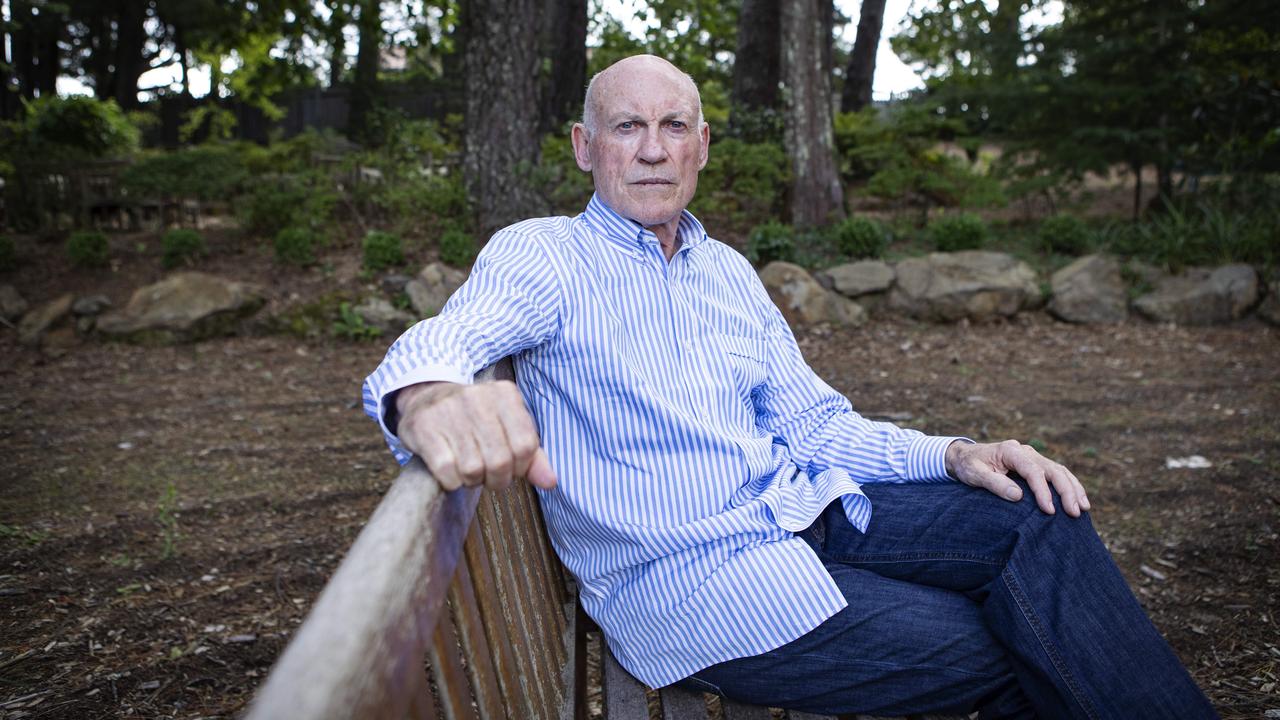Regulation of the litigation funding industry is long overdue
THE debate over the regulation of the litigation funding industry is exposing the lie that has crippled previous attempts at reform.
THE debate over the regulation of the litigation funding industry is finally exposing the great lie that has crippled all previous attempts at reform.
This industry, which provides working capital for law firms that run class actions, has avoided serious regulation because policymakers have swallowed the line that they were involved in the noble cause of increasing access to justice.
There are two problems with that argument. For one, it wrongly assumes that anything that increases the overall level of litigation must be good.
It also ignores the harsh reality at the heart of this industry.
Anyone who signs up with a litigation funder is buying a financial service from an unregulated supplier.
Worse, Australian company law requires that supplier to give priority to the interests of its shareholders, not its clients.
That might not be a problem for other companies with plenty of in-house lawyers to protect their interests.
But many individuals who sign up with litigation funders and their colleagues at the class action law firms are financially and legally unsophisticated.
If they are lucky enough to sign up with a reputable funder — and they do exist — their interests should be protected.
But because this industry is unregulated it is attracting all sorts of organisations from all over the world that are keen to start taking up to 40 per cent of any settlement due to their clients.
The pieces are slowly falling into place for a long overdue change.
Federal Attorney-General George Brandis now has a report on this subject from the Productivity Commission and a detailed paper from a group affiliated with the US Chamber of Commerce.
When change comes, the leading funders will cope. It’s the carpetbaggers who should be worried.
CHRIS Holt, the publisher and part-owner of Federation Press, died suddenly of a heart attack last week aged 66.
Since it was formed in 1987, Federation has specialised in legal, social and academic books with notable titles in recent years being the biographies of Michael Kirby by AJ Brown and Murray Gleeson by Michael Pelly, and three books by The Australian’s Troy Bramston.
The funeral will be held at 11am today at St Scholastica’s College Chapel, at Glebe in Sydney.
LAST week’s report in these pages described the founder of collaborative law as “the late” Stuart G. Webb. Mr Webb is alive and well and living in Minneapolis, Minnesota.



